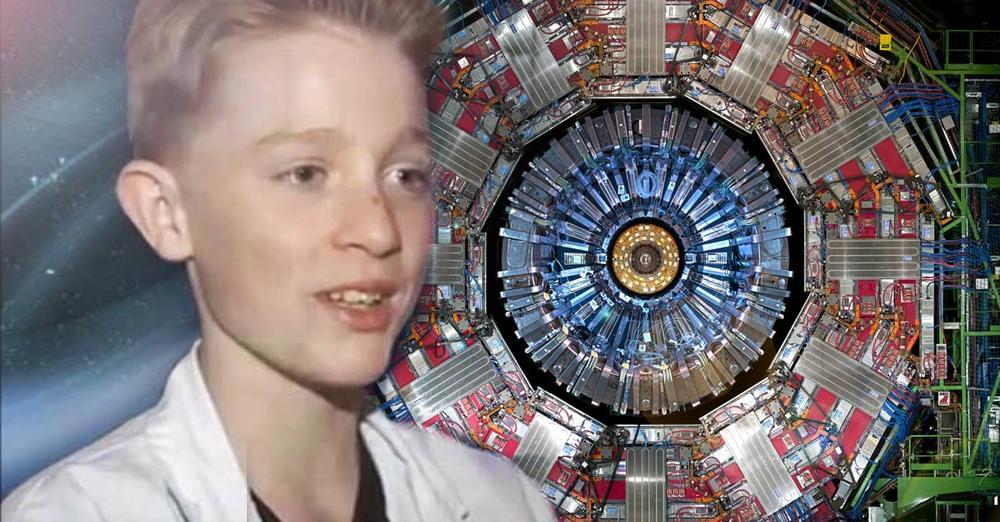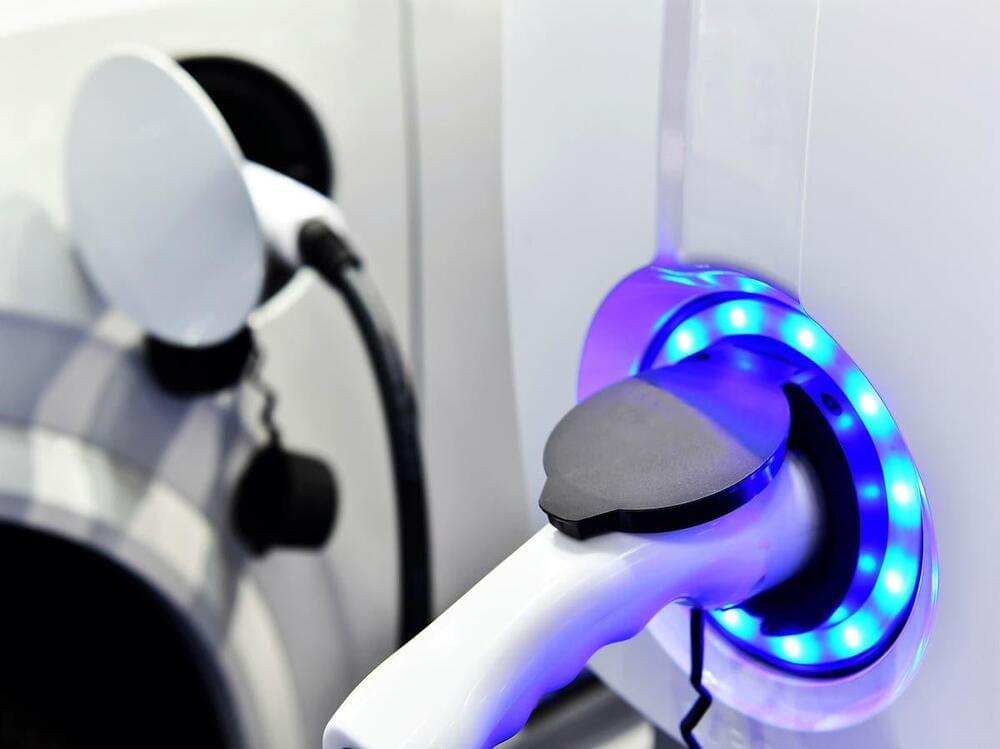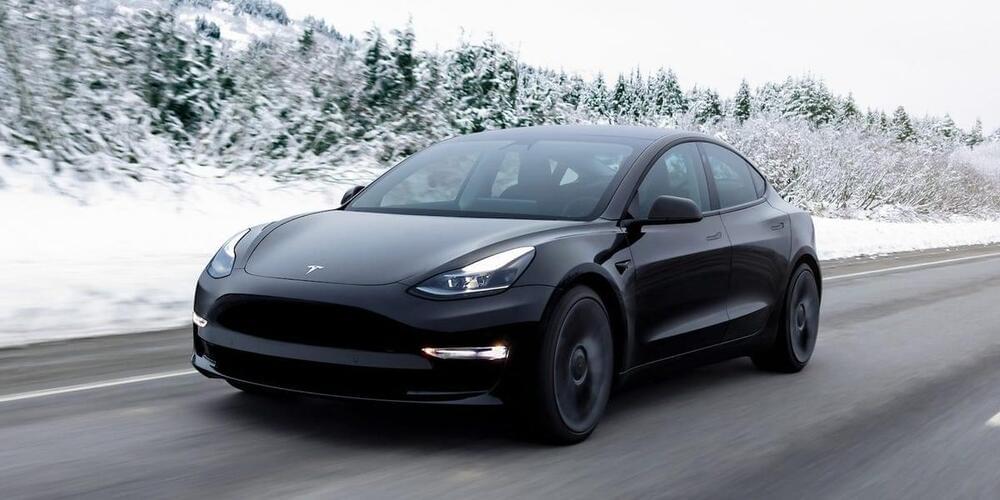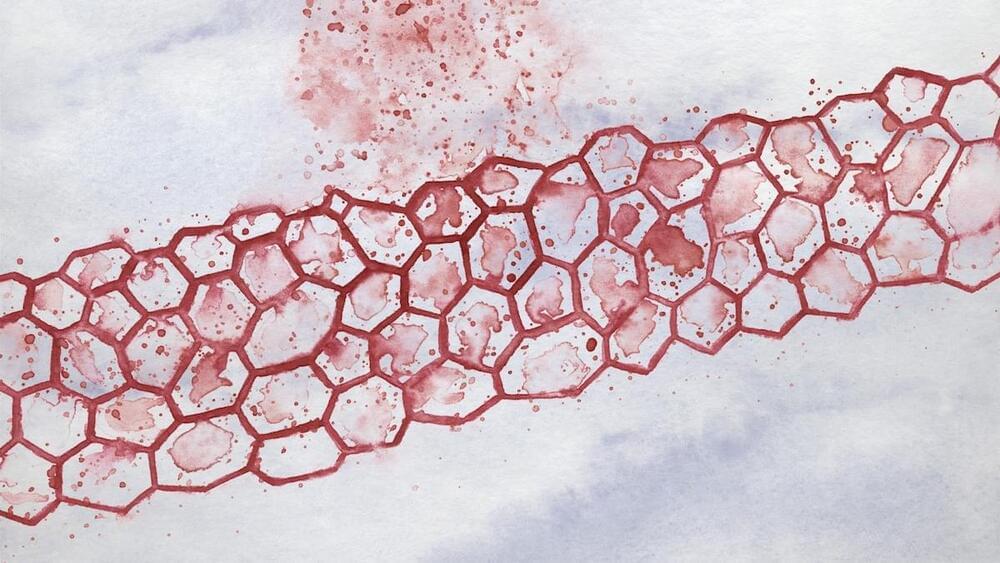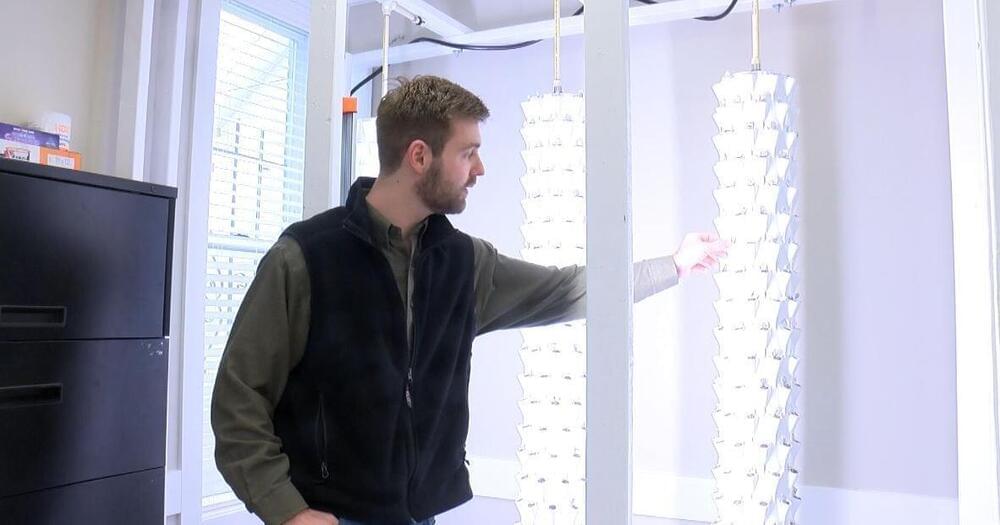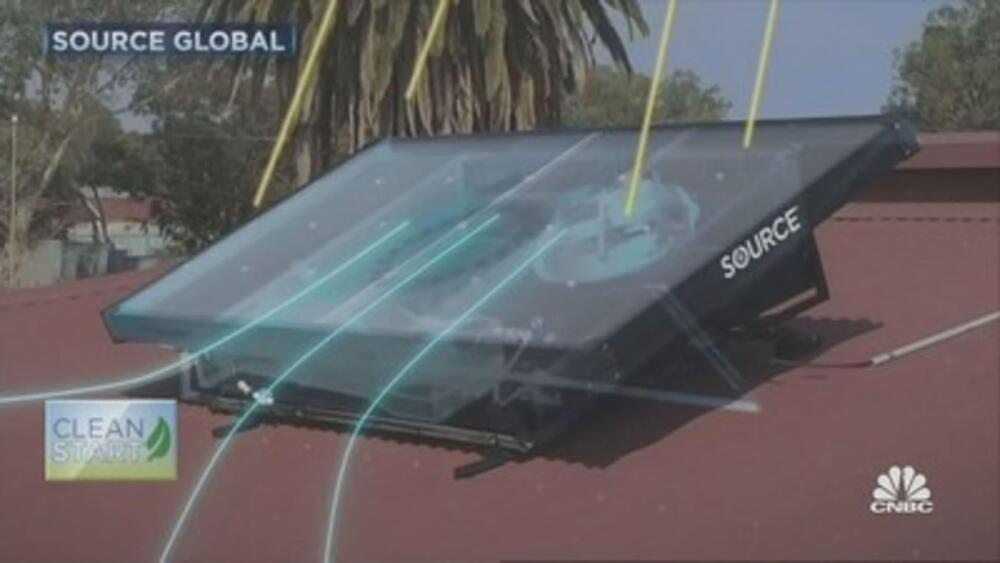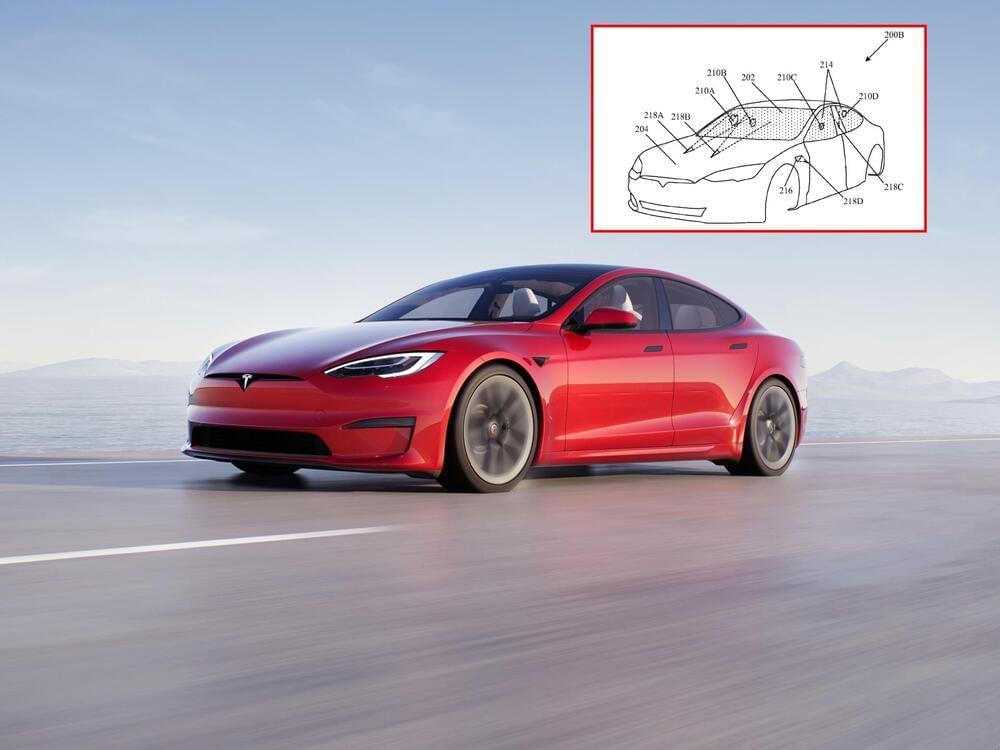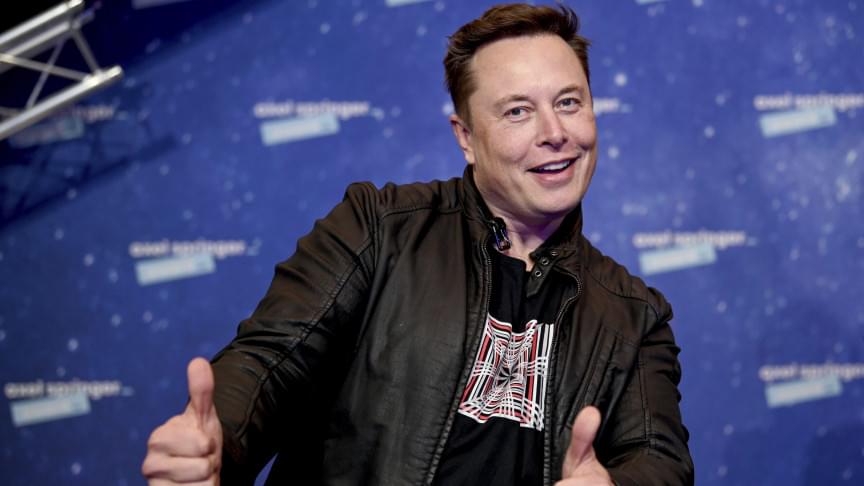The young man has made several statements that compromise the scientific community, but the most shocking is related to CERN and how it could have destroyed our universe.
Regarded as a genius child and listed as the “most intelligent young man in the world”, Max Laughlin surprised the world with his great intellectual abilities.
With only 13 years old he could develop from scratch its own device for energy access. A system that is capable of providing all the necessary energy without the need for oil, coal or solar energy.
